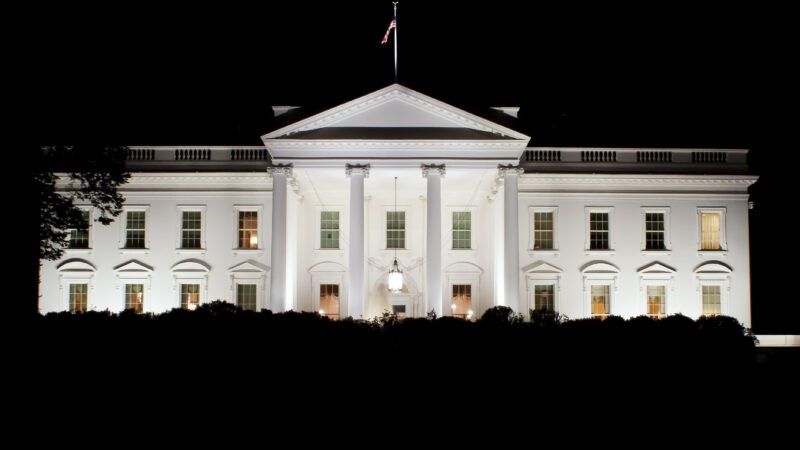The Next President Needs To Cut Spending
At a minimum, the national debt should be smaller than the size of the economy. A committed president just might be able to deliver.

Election season is getting into gear, and that means politicians of all stripes making promises about what they'll do for the American people if elected or reelected. I'd like to hear promises to get government out of the way and allow entrepreneurship and market competition to spur genuine and sustainable economic growth, including in the energy and housing sectors.
This may be what America needs most, but I will settle for a promise to ensure that the national debt stays smaller than the size of the economy. A committed president just might be able to deliver.
I never thought I'd be happy with keeping the debt no higher than 100 percent of gross domestic product (GDP). I'm more of a "cut the hell out of all this everything" kind of girl. Compromise is particularly hard to swallow considering that way back in 2007, before the Great Recession and long before all the pandemic spending, the U.S. debt-to-GDP ratio was about 60 percent, and I thought that was too high.
However, age has taught me the value of perspective. At the end of 2022, the U.S. national debt stood at 97 percent of GDP. Prior to that, it touched triple digits. In 10 years' time, the number is expected to grow to 115 percent. The fiscal beast reaches 200 percent in 30 years. Even this projection is too optimistic since it assumes undisturbed prosperity, low interest rates, no new programs, no emergencies, and low inflation. It also assumes that the Department of the Treasury will find buyers, at low interest rates, for $114 trillion in extra debt. Yeah, right.
Keeping debt no higher than GDP is a better and more realistic objective than the usual Republican sound bite promise of balancing the budget—not counting entitlement and defense spending—in 10 years. This would require the implementer to cut non-excluded appropriations by 15 percent, 20 percent, or 30 percent relatively quickly, a remarkably unrealistic idea considering most government programs are supported by powerful interest groups who fight tooth and nail against any proposed cuts. Such political promises don't end up happening.
So here we are. I would be impressed if any of the politicians hitting the campaign trail promise what I'm asking for. The Cato Institute's Chris Edwards calculated that staying under a 100 percent debt-to-GDP ratio would require a $6 trillion reduction in spending over the coming decade, or about 8 percent of what's projected. While politicians will claim this will eviscerate the budget, in reality, it would merely slow the growth rate of federal outlays, which would still rise from $6.4 trillion this year to about $8.6 trillion in 2033. As Edwards noted to me, "That would be an aggressive cut from an Establishment perspective, but a nice goal for congressional reformers."
The politics will be harder than the reductions. Think about the hardship it was for Republicans and Democrats to reach a debt ceiling deal that will, at best, reduce the growth trend of spending by around $2 trillion over 10 years. (That's assuming the caps placed on spending hold and a spending-addicted Congress doesn't abuse the emergency loophole built into the plan. I wouldn't bet my house, or even my garden hose, on that.) Democrats aren't interested in fiscal discipline while Republicans' understanding of it mostly focuses on big tax cuts paid with public debt.
Still, we can hope that a president with a mandate and a lot of political willpower takes advantage of the many ways to go about delivering on this plan.
The literature on austerity reveals that the most effective way to reduce the debt-to-GDP ratio without affecting the economy too much or for long is to adopt fiscal adjustment packages that consist mostly of spending cuts. Packages based on entitlement reforms are more politically challenging but also yield much better results. Considering that Medicaid, Medicare, and Social Security are the drivers of debt growth, reforming these programs must play a significant role.
There are other ways, too. The Committee for a Responsible Budget, for instance, has a plan to stabilize the debt by cutting $7 trillion—including interest savings—over 10 years. Sixty percent of the reduction comes from the spending side, including entitlement reform, while the rest comes from revenue increases (including closing special interest tax breaks). Others will have more plans. It's not my preferred path, but it's a path.
Setting a debt level that doesn't exceed GDP is a realistic and doable goal. That's exactly what we should want from someone seeking to be our president.
COPYRIGHT 2023 CREATORS.COM.


Show Comments (66)